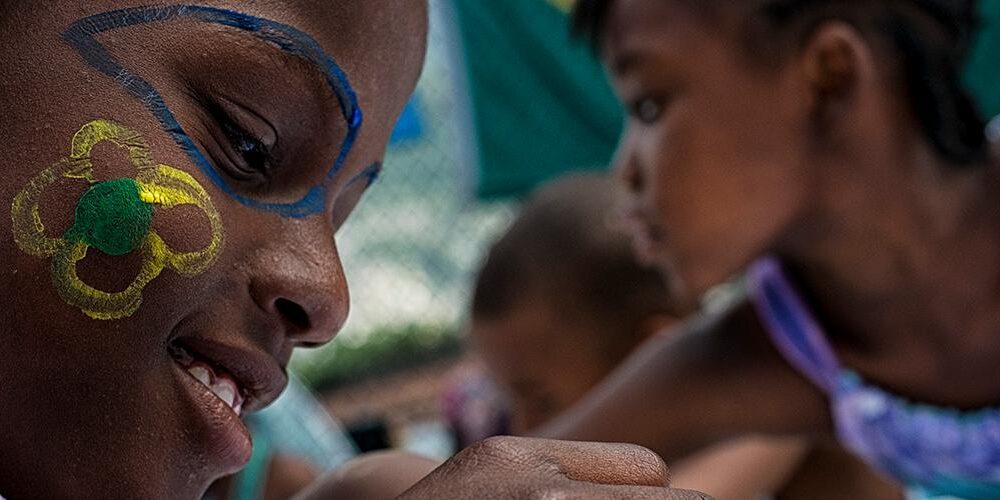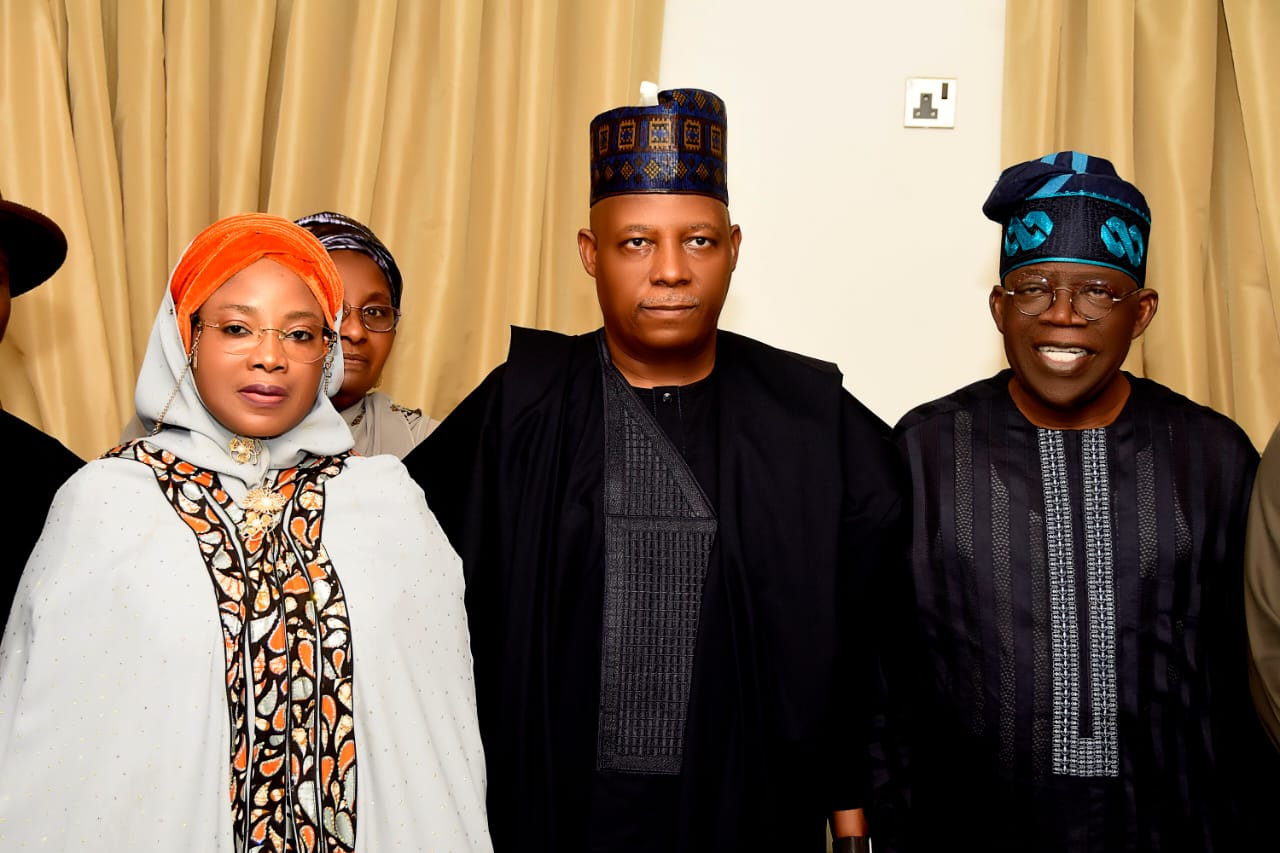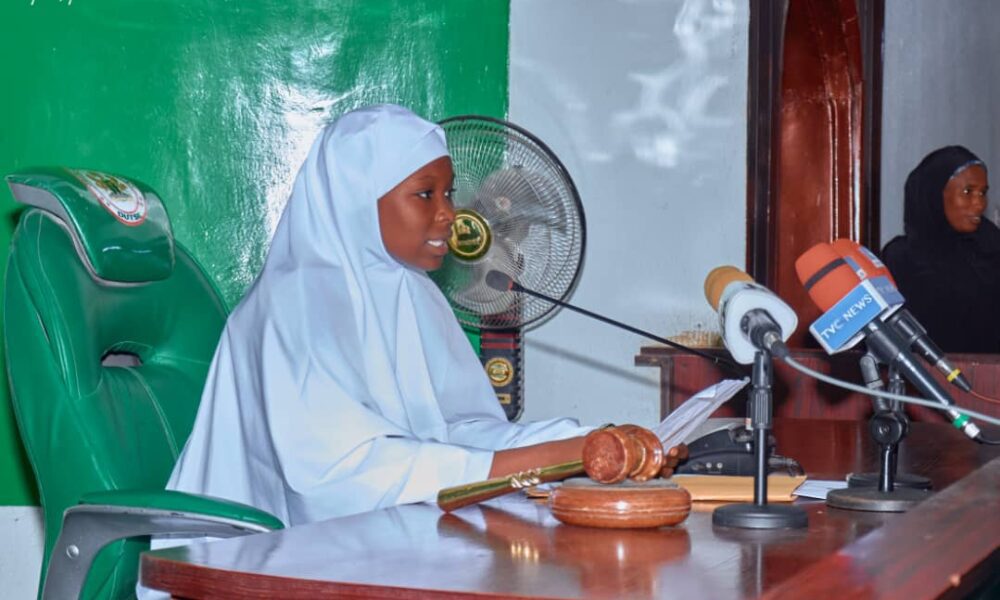The world is facing diverse challenges today, with each of these challenges impacting on the society in unique, different ways. However, in the midst of this global uncertainties, issues bordering on political, economic and security matters tend to hug news headlines the most, leaving other germane issues like Gender-Based Violence and Harassment, GBVH out of the front burner.
This sad reality has, understandably left various stakeholders exasperated and calling for greater action, in order to address various societal issues that have hitherto been relegated to the background.
It must be pointed out that GBVH occurs every day, but according to Unicef, “It is the most pervasive, yet least visible human rights violation in the world”. Therefore, against the backdrop of high prevalence of cases of GBVH in Nigeria, especially during and post Covid-19 periods, voices demanding increased action have become amplified. Recently, the Solidarity Center, in collaboration with the Trade Union Congress Women Commission (TUCWC), and various other Civil Society Organizations and government agencies including NAPTIP, the DSS, as well as Media and Youth organizations; converged on Abuja, Nigeria’s capital city, for the inaugural Hybrid National Coalition Against GBVH.
The meeting was to discuss strategies aimed at advocating for the prevention of Gender Based Violence and Harassment (GBVH) in Workplaces, and to push for the speedy implementation of the ILO C190. The purpose of the meeting was to enable key actors develop an advocacy campaign plan targeting employers, governments and parliamentarians; as well as to foster new relationships. It is also aimed at expanding the existing coalition, and to develop stronger networks and partnerships among other critical issues. The meeting attracted a total of 30 participants, among whom were 23 women and 7 men, including a delegation from Sierra Leone and Togo.
In his welcome address, Eric Edi of the Solidarity Centre said the Solidarity Center remains the largest U.S based Worker Rights Organisation. He highlighted the efforts of the Solidarity Center in supporting workers to attain decent work experience, while commending the National Coalition on its effort in ending GBVH in the world of work, and the efforts that have led to the ratification of the ILO C190. Eric Edi called on Trade Unions to undertake more collaborative meetings/engagement, identify areas for further research, in order to get a better understanding of GBVH for total eradication in the world of work.
During the session, Comrade Roselyn Uba-Anarah, President of NUPSTRAW congratulated the stakeholders on the ratification of the C190, while saluting the courage of Nigeria as the first country to ratify C190 in West Africa. Comrade Roselyn hared the findings from the Nigeria Labour Congress (NLC’s) research, which was conducted in 2019 showing the prevalence of GBVH in the Nigerian World of Work, especially in the informal sector. While discussing the C190 provisions, she emphasized that GBVH is still very prevalent in workplaces in Nigeria and reiterated the need for workers to unite to end GBVH.
A member of the Coalition, Comrade Abiodun Ozurumba, stated that the Coalition has had several meetings virtually, with great knowledge drawn from them. She commended the Solidarity Center and the Trade Union Congress Women Commission for a wonderful initiative, one that brings together stakeholders, to engage and brainstorm ideas as a way of ending GBVH in the world of work. Speaking further, Comrade Abiodun Ozurumba expressed her delight for being in physical attendance at the Hybrid Meeting, to put faces to voices she has listened to, yet unable to see physically.
Janet Anaele, Program Officer – Solidarity Centre congratulated Nigeria on the ratification of the convention. She further stated that the convention makes it clear that everyone has a right to a world of work, free from violence and harassment. She encouraged other West African countries to continue to lobby the various governments towards ratification of C190, noting that Violence and harassment disproportionately affect women and that the C190 takes a gender-responsive approach to tackling the underlying inequalities largely responsible for GBVH. Harping on the C190, she stressed that the international convention provides the opportunity to address the different arrays of violence and harassment in the world of work. While presenting the research report on GBVH, she noted that GBVH is prevalent in the county’s world of work and no sector is free from what she termed a pandemic. Citing that “56 percent women workers during the interview reported to have experienced GBVH in the world of work, 53 percent reported being threatened at work, or on their way to and from work”. Highlighting the key findings on the forms of GBVH experienced by women workers in all sectors and age group includes physical violence, sexual violence—rape, sexual harassment, verbal abuse, bullying, stalking, threats of violence. Anaele also stressed that the people need to break the silence and remove the stigma around GBVH in the world of work. She exhorted everyone on the use of media language in reporting GBVH issues”. She urged Trade Unions to continue to increase awareness of GBVH, develop policies to prevent and address GBVH, and integrate C190 into their collective bargaining agreements (CBA). Janet Anaele also called on the government to adopt legislation that promotes all workers.
A representative of JONAPWD shared her perspective, saying that workers with disabilities are highly vulnerable to GBVH. Drawing from the findings of the JONAPWD-led research conducted with organizations of persons with disabilities and organizations for persons with disabilities, she called on trade unions to engage in more advocacy for workers with disabilities.
Responding to the JONAPWD representative, Janet Anaele described the current effort of the Trade Union Congress of Nigeria and the Solidarity Center AL-CIO in building relationships between unions and organizations advocating for persons with disabilities. She also spoke on the commitment to create awareness among union leaders about key GBVH issues that are unique to people with disabilities, and how unions can best utilize ILO Convention 190 to assist this category of highly vulnerable workers. She provided information on the planned research on “Access to Decent Work for Persons with Disabilities” being led by Trade Union Congress with support from the Solidarity Center in the six geopolitical zones.
Comrade Ayoade….the National President of NUPTAW spoke about transport workers’ experiences of GBVH in the course of their work. He further expressed concern about GBVH against Sex workers, remarking that the initiative should also protect this category of persons.
The multi-stakeholder engagement was a huge success.




